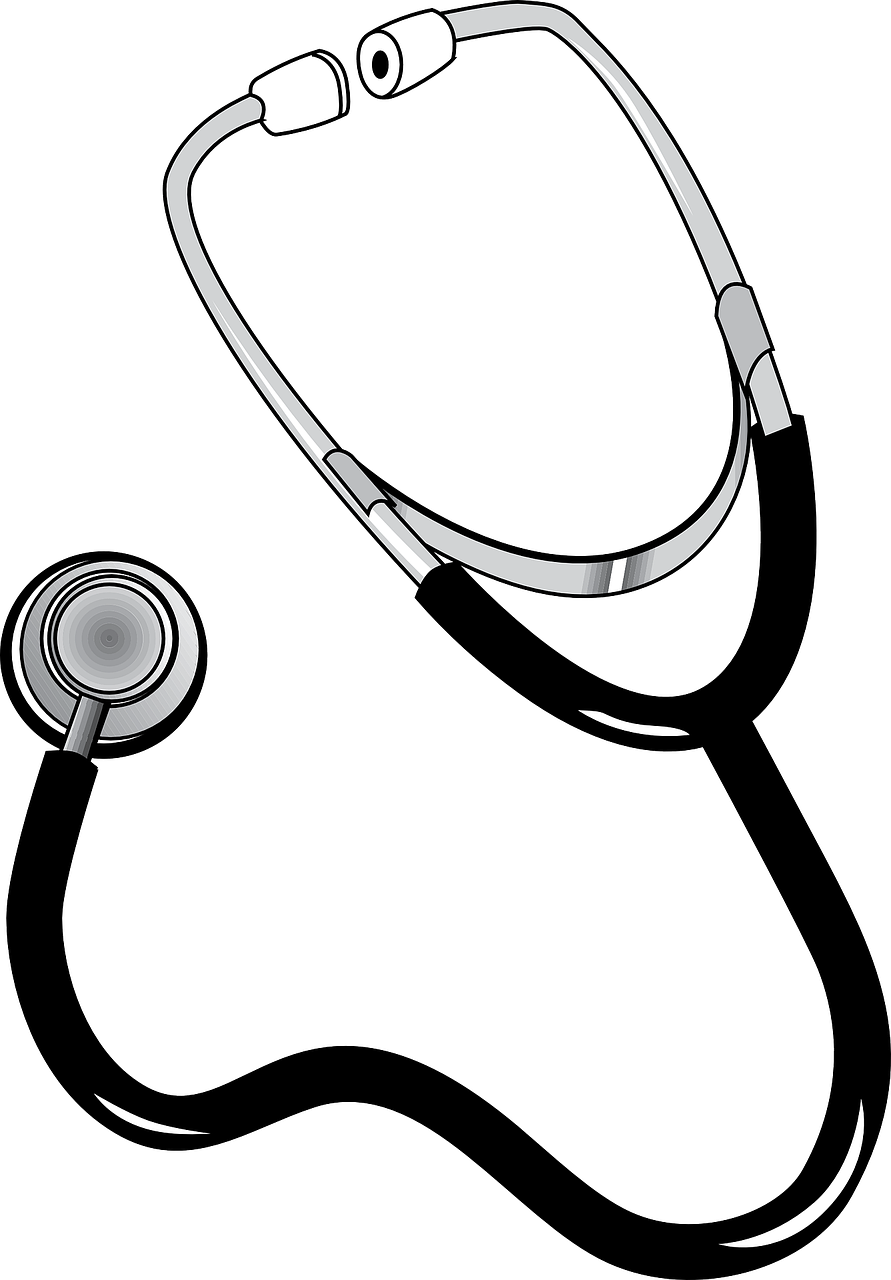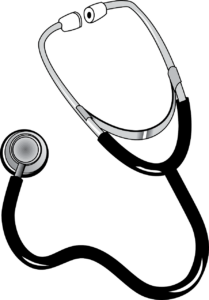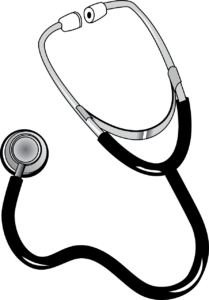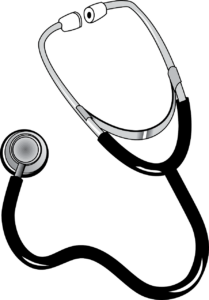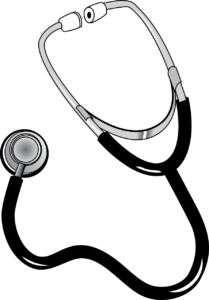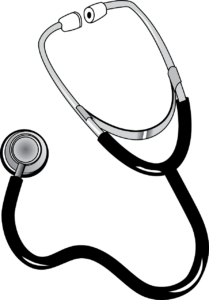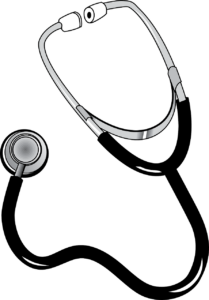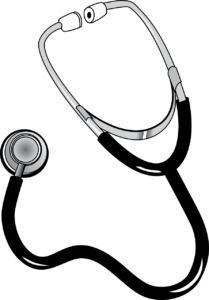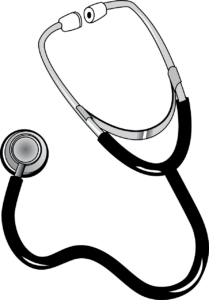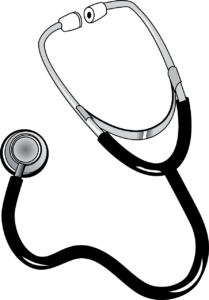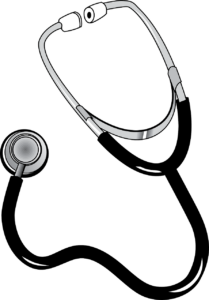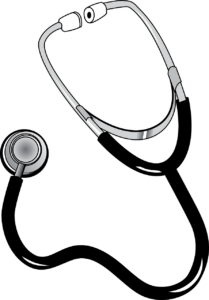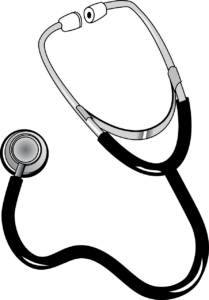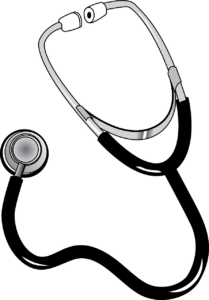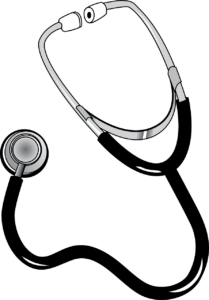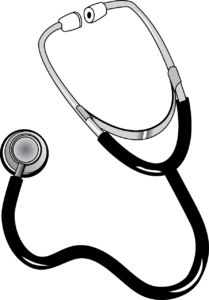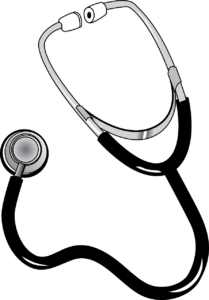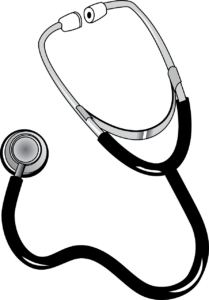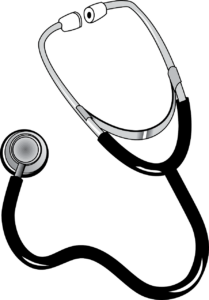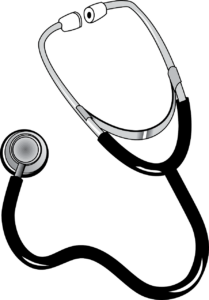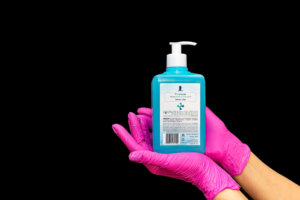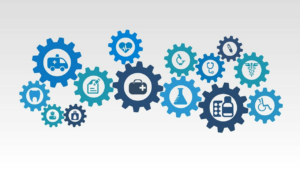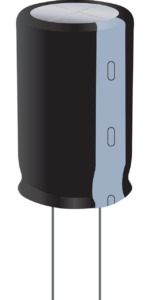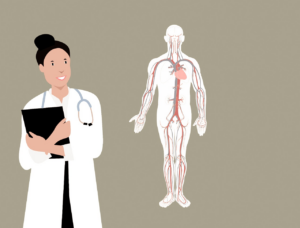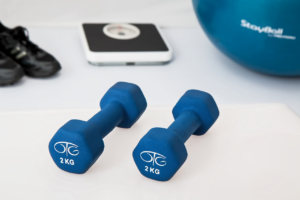Are you a nursing student getting ready to take your final exam? Feeling nervous about whether you’re prepared enough to pass? Don’t worry, we’ve got you covered!
This article will test your knowledge on the fundamentals of nursing, including patient care and safety, medical terminology, nursing ethics and legal issues, health assessment and physical examination, communication and interpersonal skills, and test-taking strategies.
As a nursing student, you know that the final exam is a critical component of your education. It’s a culmination of all the knowledge and skills you’ve acquired throughout your coursework. Passing this exam is essential to becoming a licensed nurse and entering the workforce.
But with so much material to cover, it can be overwhelming to know where to start. That’s why we’ve put together this comprehensive guide to help you assess your understanding of the fundamentals of nursing and prepare you for success on the final exam.
So, let’s dive in and test your knowledge!
Key Takeaways
- The nursing final exam covers patient care, medical terminology, nursing ethics, health assessment, communication, and test-taking strategies.
- Nurses play a crucial role in keeping patients safe and healthy by educating them on infection prevention and monitoring vital signs.
- Understanding medical terminology, abbreviations, and nursing ethics is essential for safe and effective patient outcomes.
- Effective communication techniques, cultural competence, and navigating difficult situations are important skills for providing quality care while maintaining patient trust.
Patient Care and Safety
Ensuring patient care and safety is of utmost importance in the field of nursing, and it’s essential to regularly assess and monitor patients for any potential risks or concerns.
As a nurse, you play a crucial role in keeping patients safe and healthy. One way to do this is by providing patient education on best practices for infection prevention, which can help prevent the spread of illnesses and infections.
It’s also important to take steps to prevent infections from spreading in healthcare settings. This includes practicing proper hand hygiene, using personal protective equipment when necessary, and properly cleaning and disinfecting equipment and surfaces.
By following these guidelines and educating patients on infection prevention, you can help ensure the safety and health of everyone in your care.
Medical Terminology
When studying medical terminology, you’ll need to familiarize yourself with prefixes, suffixes, and root words. These building blocks are the foundation of medical language, and understanding them is essential for interpreting medical terminology.
Additionally, you’ll also need to learn the most common medical abbreviations used in healthcare settings, as well as anatomy and physiology terminology. By mastering these key points, you’ll be able to communicate more clearly with healthcare professionals and better understand medical documentation.
Prefixes, Suffixes, and Root Words
You’ll quickly grasp medical terminology by familiarizing yourself with prefixes, suffixes, and root words. Understanding medical prefixes and suffixes can give you clues about the meaning of unfamiliar medical terms. For example, the prefix "hypo-"means "below normal"or "deficient", while the suffix "-itis"means "inflammation". By combining these two, we can understand that "hypothyroiditis"means "inflammation of the thyroid gland due to deficient activity".
Another important aspect to consider is identifying common root words in medical terminology. Root words are the foundation of most medical terms and can give you an idea of the general meaning of a term. For example, the root word "cardio"refers to the heart, while "neuro"refers to the nervous system. By understanding the meaning of these root words, you can easily understand medical terms like "cardiologist"(a doctor who specializes in the heart) and "neurology"(the study of the nervous system).
| Prefix | Meaning | Example |
|---|---|---|
| Hypo- | Below normal, deficient | Hypothyroidism |
| Hyper- | Above normal, excessive | Hyperglycemia |
| Anti- | Against | Antibiotic |
| Post- | After, behind | Postoperative |
| Pre- | Before | Preoperative |
| Suffix | Meaning | Example |
|---|---|---|
| -itis | Inflammation | Arthritis |
| -ectomy | Surgical removal | Appendectomy |
| -osis | Condition, abnormal state | Neurosis |
| -emia | Blood condition | Anemia |
| -ology | Study of | Dermatology |
| Root Word | Meaning | Example |
|---|---|---|
| Cardi(o)- | Heart | Cardiology |
| Neuro- | Nervous system | Neurology |
| Derm(a)- | Skin | Dermatitis |
| Gastro- | Stomach | Gastroenteritis |
| Pulmo- | Lungs | Pulmonary |
Common Medical Abbreviations
Learning common medical abbreviations is essential for healthcare professionals to effectively communicate and document patient information. Abbreviation usage in healthcare is a common practice to save time and space when documenting patient information. However, it’s important to note that the misuse or misunderstanding of medical abbreviations can lead to serious consequences.
To emphasize the importance of accuracy in medical documentation, here are some examples of common medical abbreviations that can be easily misinterpreted:
- qd (every day) vs. qid (four times a day)
- cc (cubic centimeter) vs. ml (milliliter)
- OD (right eye) vs. OS (left eye) vs. OU (both eyes)
- HS (at bedtime) vs. Hs (half strength)
As a healthcare professional, it’s crucial to familiarize yourself with the proper usage of medical abbreviations and to always double-check when unsure.
Ensuring accuracy in medical documentation not only ensures patient safety but also helps to maintain the integrity of the healthcare system.
Anatomy and Physiology Terminology
Get ready to explore the fascinating world of anatomy and physiology terminology! As a nursing student, understanding the basics of anatomy and physiology is crucial for providing quality patient care.
Anatomy is the study of the structure and organization of the body, while physiology is the study of how the body functions. Together, these two sciences provide a comprehensive understanding of the human body.
One of the fundamental aspects of anatomy and physiology is the overview of body systems. The human body is made up of 11 major organ systems that work together to maintain homeostasis. These systems include the cardiovascular, respiratory, digestive, nervous, urinary, muscular, skeletal, endocrine, lymphatic, integumentary, and reproductive systems.
It’s important to understand the functions and interconnections of these systems in order to provide holistic care to patients. Additionally, understanding the cellular structure and function is also crucial to understanding how the body works at the microscopic level.
Nursing Ethics and Legal Issues
In this subtopic, you’ll learn about nursing ethics and legal issues that are essential for you to provide quality care to your patients.
You’ll explore the importance of confidentiality and patient rights, and how to maintain them while providing care.
Additionally, you’ll understand the scope of practice and standards of care, and the legal and ethical considerations that come with being a nurse.
Confidentiality and Patient Rights
Maintaining patient confidentiality is essential in providing quality healthcare, and it’s crucial for healthcare providers to respect their patients’ rights to privacy. As a nurse, you are responsible for ensuring that patient information remains confidential and is only shared with authorized individuals. Breaching confidentiality can lead to legal and ethical repercussions, damage the patient-provider relationship, and compromise the quality of care provided.
To ensure patient confidentiality, healthcare providers must follow HIPAA regulations and compliance. HIPAA, or the Health Insurance Portability and Accountability Act, outlines standards for protecting patients’ medical information. This includes electronic and paper records, as well as oral communication. As a healthcare provider, you must obtain written consent from patients before sharing their information with others, except in cases where it is necessary for treatment, payment, or healthcare operations. It’s essential to maintain patient confidentiality to uphold trust and respect for patients, which are vital components of quality healthcare.
| Importance of Patient Confidentiality | Implications of Breaching Confidentiality | HIPAA Regulations and Compliance |
|---|---|---|
| – Protects patient privacy and rights – Builds trust and respect with patients – Improves quality of care |
– Legal and ethical repercussions – Damage to patient-provider relationship – Compromise of care quality |
– Standards for protecting medical information – Applies to electronic and paper records – Written consent required for sharing information – Exceptions for treatment, payment, and healthcare operations |
Scope of Practice and Standards of Care
As a nurse, it’s important to understand your scope of practice and adhere to the standards of care to ensure safe and effective patient outcomes.
Nursing practice guidelines provide a framework for nurses to follow, outlining the specific responsibilities and duties that fall within their scope of practice. It’s important to recognize and respect role boundaries, understanding what tasks and responsibilities are appropriate for your level of education and training. By staying within your scope of practice, you can ensure that you’re providing safe and effective care to your patients.
In addition to understanding your scope of practice, it’s important to adhere to the standards of care. These standards are established by professional organizations and regulatory bodies to ensure that patients receive high-quality care. By following these standards, you can help to prevent errors and ensure that your patients receive the best possible care.
It’s important to stay up-to-date on the latest standards of care and to continually evaluate your own practice to ensure that you’re meeting these standards. By doing so, you can help to improve patient outcomes and provide the best possible care to your patients.
Legal and Ethical Considerations in Nursing
You need to understand the legal and ethical considerations in nursing, as they’re crucial to providing safe and effective care to your patients and maintaining their trust in you as a healthcare professional.
The nurse-patient relationship is built on trust and respect. It’s essential to maintain this relationship by following ethical principles such as confidentiality and informed consent.
As a nurse, you must respect your patient’s autonomy and provide them with the necessary information to make informed decisions about their healthcare.
Informed consent is a legal and ethical consideration that’s essential in nursing practice. It involves obtaining a patient’s permission before administering any medical treatment or procedure.
As a nurse, you need to ensure that your patients fully understand the risks and benefits of a particular treatment or procedure before giving their consent. Failure to obtain informed consent can lead to legal and ethical issues that can harm both you and your patient.
Therefore, it’s essential to communicate effectively with your patients and provide them with the necessary information to make informed decisions about their healthcare.
Health Assessment and Physical Examination
You’re about to dive into a discussion on Health Assessment and Physical Examination.
Here, you’ll learn about three key points: Vital Signs and Assessment Techniques, Health History and Documentation, and Physical Examination Procedures.
Throughout this topic, you’ll explore the ins and outs of conducting a thorough health assessment on patients, including gathering patient information, performing physical exams, and documenting findings.
Vital Signs and Assessment Techniques
Hey there, ready to learn about the vital signs and assessment techniques used in nursing? Let’s dive in!
Vital signs are important indicators of a patient’s overall health and can be measured using various techniques. Here are two sub-lists to help you understand the importance of accuracy and interpretation of abnormal readings:
-
Accuracy:
-
Vital signs should be taken accurately and consistently to ensure that any changes in a patient’s health can be detected early on.
-
Nurses should be trained on how to properly take vital signs to ensure accuracy, including taking the time to explain the process to the patient and making sure they’re in a comfortable position.
-
Interpretation of abnormal readings:
-
Abnormal vital signs can indicate a potential health problem, so it’s important for nurses to be able to interpret these readings.
-
Nurses should be familiar with normal ranges for vital signs and know when to be concerned about readings that fall outside of those ranges.
As a nurse, it’s important to understand the vital signs and assessment techniques used in patient care. By ensuring accuracy and being able to interpret abnormal readings, you can help identify potential health issues early on and provide appropriate care. Remember to always take the time to explain the process to your patient and make them feel comfortable during the assessment. With these skills, you can provide quality care and improve patient outcomes.
Health History and Documentation
Learning about a patient’s health history and documenting it accurately can make all the difference in providing personalized and effective care. As a nurse, it is your responsibility to conduct a thorough interview and ask the right health history questions. This will help you identify any underlying medical conditions or risk factors that could affect the patient’s current health status. It will also enable you to create a comprehensive care plan that addresses all of the patient’s healthcare needs.
To conduct an effective interview, you must use appropriate interview techniques. This includes active listening, open-ended questions, and follow-up questions. It is important to establish a rapport with the patient and make them feel comfortable enough to share personal information with you. When documenting the patient’s health history, be sure to use clear and concise language. Use the following table to guide you on the essential health history questions to ask during your interview:
| Category | Questions | |||
|---|---|---|---|---|
| Personal Information | Name, age, gender, occupation | |||
| Medical History | Previous illnesses, surgeries, hospitalizations | |||
| Family History | Any history of genetic diseases or conditions in the family | |||
| Lifestyle | Smoking, alcohol consumption, exercise habits | |||
| Medications | Current medications and dosages | Allergies | Any known allergies to medications or substances |
Physical Examination Procedures
Now that you’ve learned about health history and documentation, it’s time to dive into the physical examination procedures. These procedures involve a series of techniques for assessing mobility and sensory function, which are crucial aspects of patient care.
Assessing mobility involves evaluating a patient’s ability to move and perform physical activities. This can be done through a range of techniques, such as observing the patient’s gait and posture, measuring their range of motion, and testing muscle strength.
On the other hand, assessing sensory function involves evaluating a patient’s ability to perceive sensations and respond to stimuli. This can be done through various tests, such as assessing their ability to feel different types of touch or testing their ability to recognize objects by touch alone.
By mastering these techniques, you’ll be equipped to provide comprehensive care to your patients and ensure their overall well-being.
Communication and Interpersonal Skills
You’ll learn about effective communication techniques, cultural competence in nursing, and dealing with challenging patients and families in this subtopic.
You’ll discover the importance of using appropriate communication skills to establish trust and rapport with patients from diverse cultural backgrounds.
Furthermore, you’ll explore ways to navigate difficult situations with patients and families to provide quality care.
Effective Communication Techniques
If you want to connect with your patients on a deeper level, try using simple and friendly language when communicating with them. This is one of the most effective communication techniques that you can use as a nurse. Active listening is also important in establishing rapport with your patients. When you actively listen to your patients, you are showing them that you value their input and that you are interested in what they have to say. This can help to build trust and foster a positive relationship between you and your patient.
In addition to active listening, nonverbal cues can also be a powerful tool in effective communication. Nonverbal cues can include things like facial expressions, body language, and tone of voice. By paying attention to these cues, you can gain a better understanding of your patient’s emotions and needs. This can help you to respond in a more empathetic and compassionate way, which can ultimately lead to better patient outcomes. To help you understand the importance of nonverbal cues, here is a table that outlines some common nonverbal cues and their meanings:
| Nonverbal Cue | Meaning |
|---|---|
| Crossed arms | Defensive or closed off |
| Smiling | Friendly and approachable |
| Frowning | Concerned or upset |
| Maintaining eye contact | Engaged and interested |
Remember, effective communication is essential in nursing. By using active listening and paying attention to nonverbal cues, you can build trust and establish a positive relationship with your patients.
Cultural Competence in Nursing
Developing cultural competence is crucial for you as a nurse to provide quality care that is respectful and responsive to diverse patient populations. As a healthcare provider, you must be aware of cultural barriers that may affect your patients’ health outcomes.
Multicultural awareness is essential in understanding the beliefs, values, and practices of different cultures. Here are some ways to develop cultural competence:
-
Learn about different cultures: Take the time to educate yourself about the cultures of your patients. This can be done through reading, attending cultural events, or talking to patients about their cultural background.
-
Avoid making assumptions: Don’t assume that all patients from a particular culture have the same beliefs or practices. Each patient is unique, and it’s essential to understand their individual needs and preferences.
-
Use interpreters: Language barriers can be a significant obstacle to providing quality care. Use professional interpreters to ensure that patients understand their diagnosis, treatment options, and medication instructions.
By developing cultural competence, you can provide patient-centered care that respects and responds to the diverse needs of your patients.
Dealing with Challenging Patients and Families
Congratulations on completing the previous subtopic on Cultural Competence in Nursing! As a nurse, it’s important to understand the diverse cultural backgrounds of your patients to provide the best care possible.
However, another challenge that you may face in your nursing career is dealing with challenging patients and families.
Dealing with aggressive behavior is one of the most difficult situations that you may encounter as a nurse. Patients who are in pain or distress may lash out at you or become physically aggressive. It’s important to remain calm and focused in these situations and try to de-escalate the situation by using a calm tone of voice and non-threatening body language. You should also be aware of your surroundings and have a plan in place for calling for help if necessary.
Managing family conflicts is another challenge that you may encounter as a nurse. Family members may have different opinions about the care that their loved one is receiving, which can lead to conflicts between them and with you as the nurse. It’s important to listen to each family member’s concerns and try to find a solution that works for everyone.
You may need to involve the healthcare team, such as the social worker or chaplain, to help mediate the conflict and come to a resolution. Remember, as a nurse, your role is to advocate for the best care possible for your patient while also respecting the wishes and opinions of their family.
Test-Taking Strategies
To improve your chances of success on the final exam, it’s important to utilize test-taking strategies.
One such strategy is effective time management. This means that you should allocate your time wisely and ensure that you have enough time to answer all the questions. You can do this by dividing your time equally among all the questions or by first answering the questions that you’re confident about.
Additionally, mental preparation techniques can help you remain calm and focused during the exam. This includes taking deep breaths, staying positive, and visualizing success.
Another important test-taking strategy is the process of elimination. This involves eliminating the obviously incorrect answer choices, which can increase your chances of selecting the correct answer. You can do this by reading the question carefully, eliminating the options that you know are incorrect, and then choosing the best answer from the remaining options.
It’s also important to read the entire question and all the answer choices carefully, as sometimes the correct answer may be hidden within the wording of the question.
By utilizing these test-taking strategies, you can improve your performance on the final exam and increase your chances of success.
Frequently Asked Questions
What is the passing score for the Fundamentals of Nursing final exam?
To pass the fundamentals of nursing final exam, you need to achieve a passing score determined by your institution. The passing score is typically based on a combination of factors, including your performance on the exam, your coursework, and any other requirements set by your institution.
The exam duration may vary depending on the specific test, but it’s usually timed to ensure that you have enough time to answer all of the questions thoroughly. To prepare for the exam, it’s important to review all of the material covered in your nursing program and to practice answering sample questions.
With a solid understanding of the material and plenty of practice, you can increase your chances of achieving a passing score on the fundamentals of nursing final exam.
How long is the Fundamentals of Nursing final exam?
The length of the fundamentals of nursing final exam varies depending on the exam structure. Typically, it can range from 2-4 hours, with some exams being longer or shorter. The exam structure may include multiple-choice questions, short answer questions, and/or essay questions.
It’s important to review the exam structure beforehand so that you can pace yourself accordingly and make sure you have enough time to answer all the questions.
Are there any prerequisites required before taking the Fundamentals of Nursing final exam?
Before taking the fundamentals of nursing final exam, there are certain prerequisites that you must fulfill to become eligible for the exam.
These prerequisites may vary depending on the institution or state you’re in. However, some common prerequisites include having completed the required nursing courses, clinical hours, and meeting the minimum GPA requirement.
Additionally, passing certain exams such as the NCLEX-PN or NCLEX-RN may also be a requirement for exam eligibility.
It’s important to check with your institution or state board to determine the specific prerequisites for the fundamentals of nursing final exam.
How often is the Fundamentals of Nursing final exam offered?
You may be wondering about the frequency of exam offerings and exam scheduling options for the Fundamentals of Nursing Final Exam. The exam is typically offered on a regular basis, but the exact frequency may vary depending on your institution or program.
It’s important to check with your school or instructor to find out when the exam will be offered and what scheduling options are available. Some schools may offer the exam multiple times throughout the year, while others may only offer it once.
Additionally, some schools may offer online or in-person exam options, so it’s important to find out what works best for you.
Can the Fundamentals of Nursing final exam be taken online or does it have to be taken in person?
You may be wondering whether the Fundamentals of Nursing Final Exam can be taken online or if it has to be taken in person. The answer is that it depends on the institution offering the exam.
Some schools may offer the exam online, while others may require you to take it in person. If you have accessibility needs, such as needing accommodations for a disability, it’s important to check with the institution to see what options are available.
Regardless of whether the exam is offered online or in person, it’s important to prepare thoroughly and give yourself plenty of time to study.
Conclusion
Congratulations! You’ve completed the Fundamentals of Nursing Final Exam and tested your knowledge in patient care and safety, medical terminology, nursing ethics and legal issues, health assessment and physical examination, communication and interpersonal skills, and test-taking strategies.
By passing this exam, you’ve demonstrated your dedication to the nursing profession and your commitment to providing quality care to your patients.
Remember to continue learning and growing as a nurse, staying up-to-date on the latest research and best practices in the field.
Good luck in your future endeavors and thank you for your hard work and dedication to the nursing profession.




